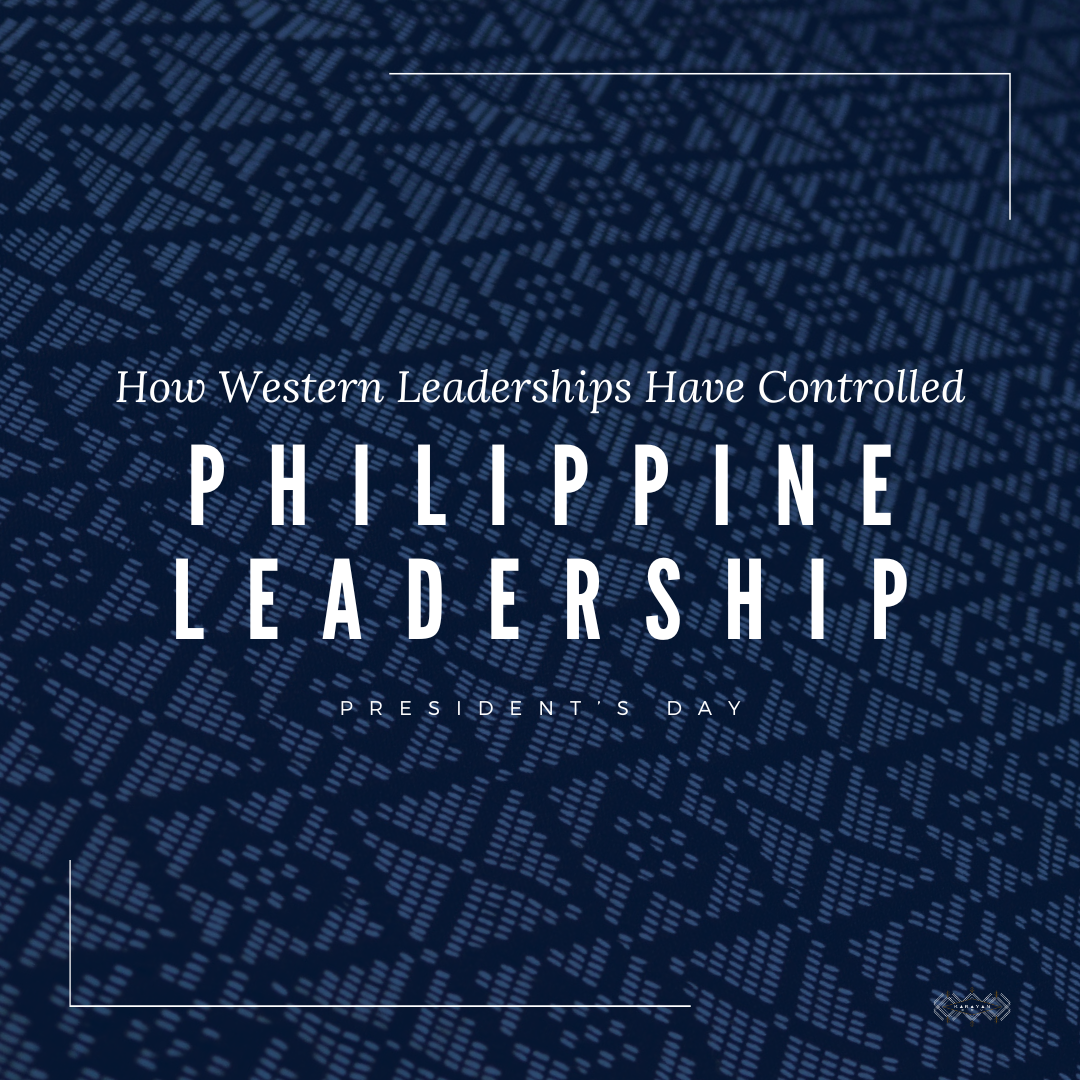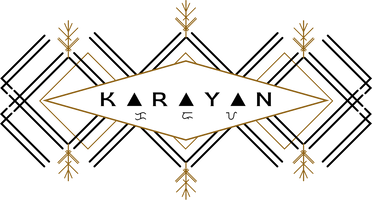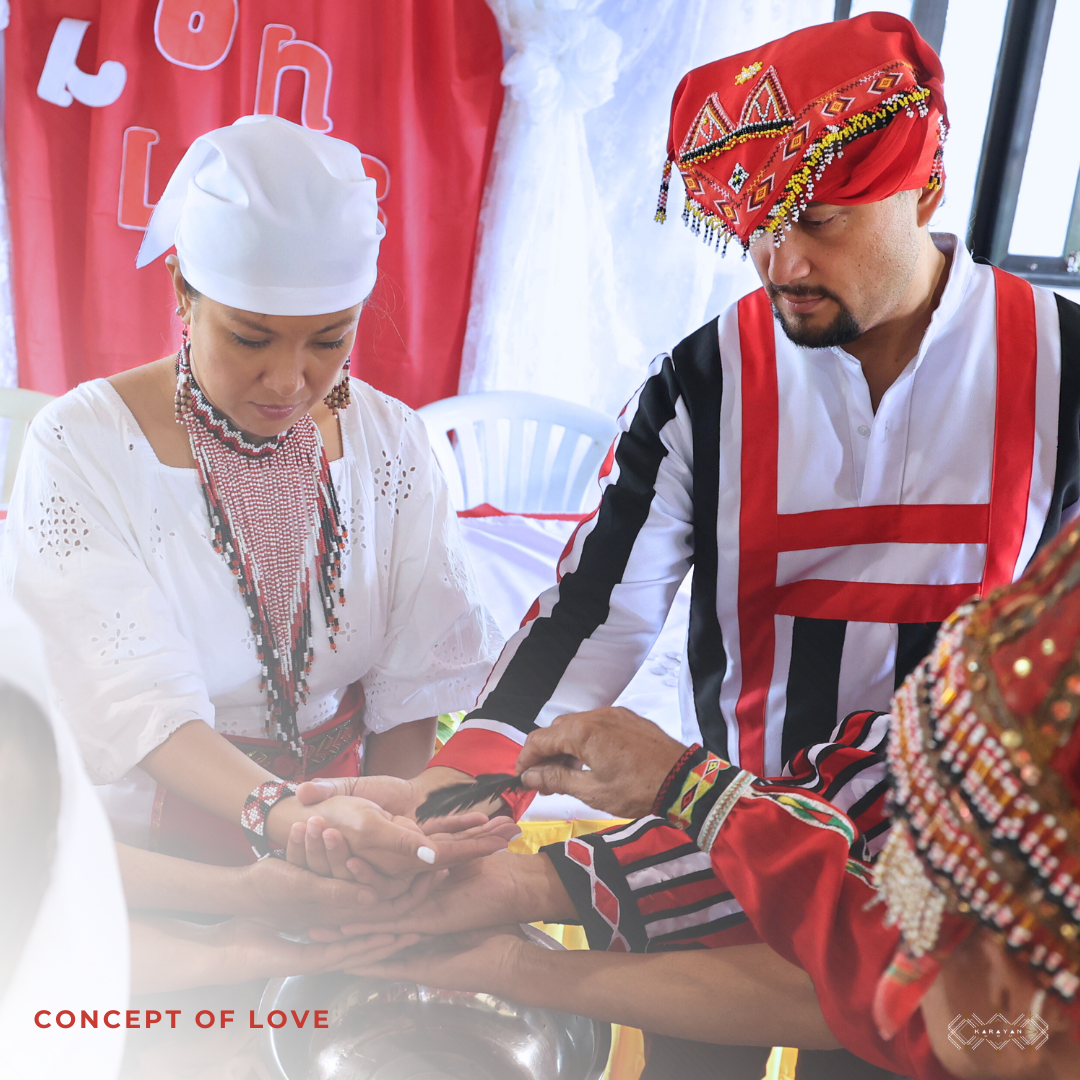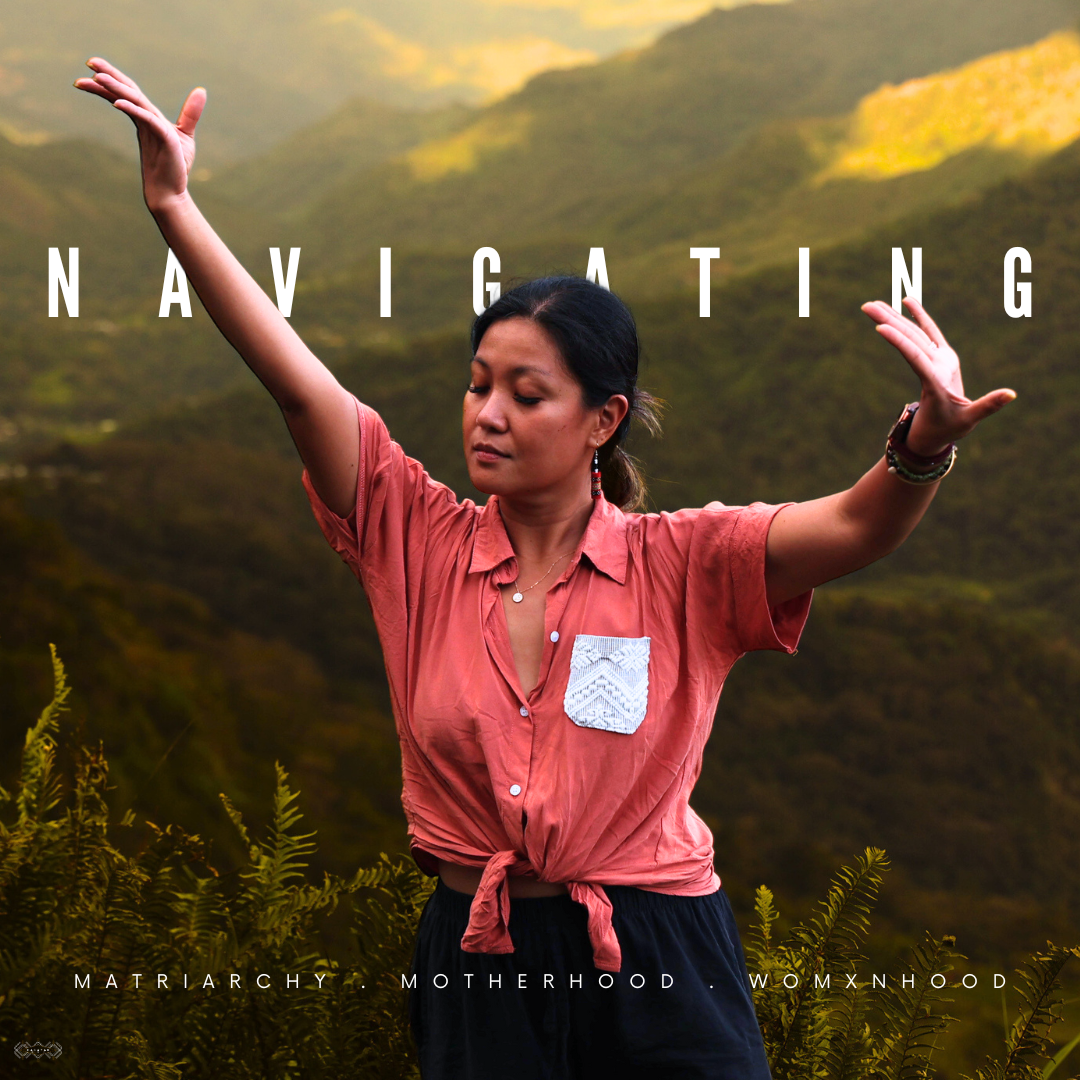Western Leaderships and How it Influenced Philippine leadership

President’s Day is today and we can’t help but think that it's an opportune time to reflect on leadership, not just within the borders of America but also on its impact beyond. One crucial aspect deserving attention is the historical connection between Western leadership, that of the United States, and its influence on the Philippines. This complex relationship has far-reaching consequences, evident in the exploitation of Indigenous communities, the marginalization of Filipino/a/x both in the motherland and the diaspora, and the erosion of cultural traditions from continuous capitalization of the country’s natural resources.

To understand the present, we must remember the past or “No history no self” is a common theme in many Filipino/a/x campaigns. But what does this really mean in understanding how leadership even in this day and age has affected our lives and has continuously exploited many developing countries like the Philippines through acts of colonization.

The Philippines, once a Spanish colony, fell under American colonization after the Spanish-American War in 1898. While the Philippines gained “independence” in 1946, the echoes of Western governance lingered, shaping political systems and leadership styles including the constitution which, if you read, is not too far from the United States constitution where there are too many holes that can easily subject its constituents to exploitation, and in worse case, slavery.

One of the most glaring effects of Western leadership in the Philippines is the relentless exploitation of natural resources. Western economic interests have often taken precedence over environmental sustainability and the well-being of Indigenous communities. Large-scale mining and deforestation projects, often approved with Western backing, have led to ecological devastation and the displacement of indigenous peoples from their ancestral lands.
The long arm of Western influence in the Philippines has not spared the human rights landscape. The struggle for basic rights and dignity is exacerbated by microaggressions experienced by communities in Indigenous lands. These subtle, often unintentional acts of discrimination perpetuate stereotypes, leaving Indigenous communities feeling underrepresented. A reflection of this is the diasporic Filipinox/o/a community, where until now, it has been a struggle to find representation in many fields as we often have to configure race issues within the society we are in.

The urban culture of the Philippines has been significantly altered by Western ideals. The imposition of foreign values and norms has contributed to the ignorance of many about Indigenous cultures of the Philippines. Discrimination based on race and colorism further marginalizes these communities, pushing them to the fringes of society.
Western leadership has become a template for many in the Philippines, diverting from the traditional Indigenous wisdom where leadership is communal and not solely for personal gain. The capital-centric approach of Western models often neglects the holistic well-being of communities, emphasizing profit over people.

Today, we acknowledge the intertwined history of Western leadership and the Philippines. We advocate for a shift towards inclusive, community-centric governance. The exploitation of natural resources, human rights violations, and the erasure of indigenous cultures should be addressed through collaboration, understanding, and a commitment to shared prosperity. We see progress with the renaissance of weaving communities being brought to the forefront of fashion. Same goes with music and dance. We are hoping for this to be a progressive pattern that will drive and bring back to life the many wisdom our ancestors passed on.
Hope this reflection brings you wisdom in this long weekend on President's Day. Have a restful one!




Comments